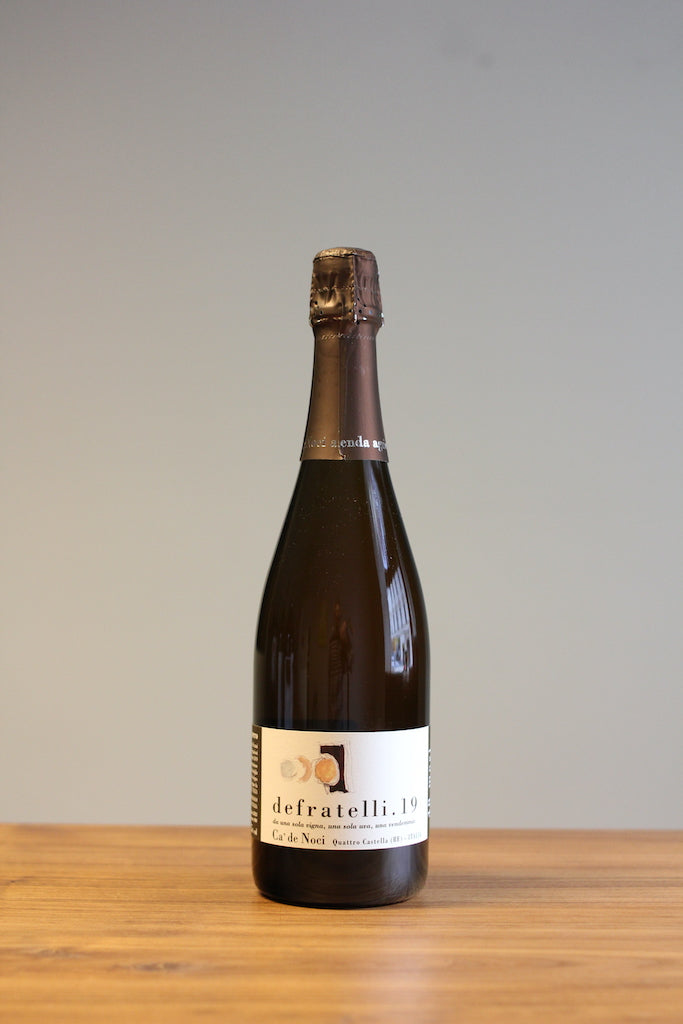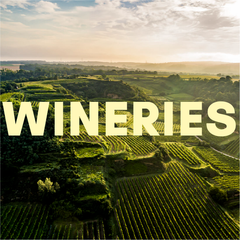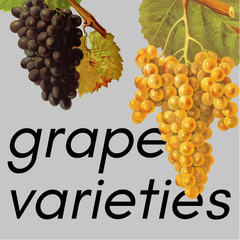Free shipping within Austria from € 99
Free shipping to Germany from € 120
Shipping costs within the EU
Payment methods
Ca' de Noci
Riserva dei Fratelli 2019
Riserva dei Fratelli 2019
Couldn't load pickup availability
Riserva dei Fratelli: A Sparkling Testament to Spergola
Some grape varieties cross local borders to gain international acclaim, while others remain rooted in their place of origin, often for reasons that defy explanation. Spergola is one such variety. When vinified classically, it exudes subtle aromas of white flowers. With skin contact, notes of orange peel and clove often emerge, complemented by a lively acidity that makes it ideal for sparkling wines. Yet, despite these qualities, Spergola has not broken out of its Emilia home, where it thrives around Scandiano, in the hills north of Reggio Emilia.
Fortunately, Ca' de Noci’s Riserva dei Fratelli exists to showcase the remarkable potential of Spergola. This sparkling wine is nothing short of monumental—a testament to Italy’s great sparkling tradition.
The wine undergoes an initial fermentation with three days of skin contact before a secondary fermentation in the bottle, where it slowly develops its voluminous texture, power, refined perlage, and complex aromatic profile. After 48 months of bottle aging, it is disgorged and corked without dosage (no added sugar).
Style
Expressive and intense, with aromas reminiscent of panettone, herbs, and flowers. On the palate, the interplay of perlage, acidity, and tannins creates a harmonious structure within a densely woven body. The finish is long, compact, and captivating.
Datasheet
Grape Variety: Spergola
Vineyard: Predominantly clay-loam soils, with nearly all work done by hand.
Harvest: By hand.
Fermentation: Spontaneous | wild yeasts.
Aging: 6 months in stainless steel and cement, followed by 36 months of secondary fermentation in the bottle. Disgorged, no dosage.
Filtration: None.
SO₂: Unsulfured.
Alcohol Content: Not specified.
Closure: Natural cork.
Serving Temperature: 8–10°C.
Perfect Drinking Window: Ready to drink now – 2028.
Content and Price per Liter: 0.75 l (€49.87/l).
All winemakers listed at Vinonudo work with compost, organic fertilizers, and natural preparations in their vineyards, abstaining from the use of herbicides, pesticides, and synthetic fertilizers.
Share







